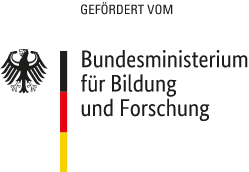Gender Citation Gap in der Poltikwissenchaft
Förderzeitraum: 01.12.2021-30.11.2024.
Das Projekt besteht aus drei miteinander verbundenen Arbeitspaketen. Erstens, wir stellen die Argumente und Hypothesen durch Kausalmodelle auf eine transparentere Basis, um mit diesen eine Kausalanalyse anzuleiten. In Verbindung damit ist ein empirischer Beitrag, dass wir eine breitere Datengrundlage erstellen, als es in den bisherigen einschlägigen Studien der Fall ist. Zweitens, zeitschriftenspezifische Vorgaben für die maximale Länge können die Anzahl der Zitationen beeinflussen und damit auch auf den Anteil der Zitationen, der auf Forscherinnen entfällt. Wir nutzen eine designbasierte Perspektive, um Effekte der Länge auf das GCG zu schätzen. Drittens, wir lassen die empirischen Erkenntnisse der ersten beiden Arbeitspakete sowie bestehende Forschungsergebnisse in Simulationsstudien eingehen. Anhand von Simulationsanalysen evaluieren wir, wie sich bestimmte Vorgaben und Verhaltensweisen von Autor:innen auf das CGC wahrscheinlich auswirken würden.



